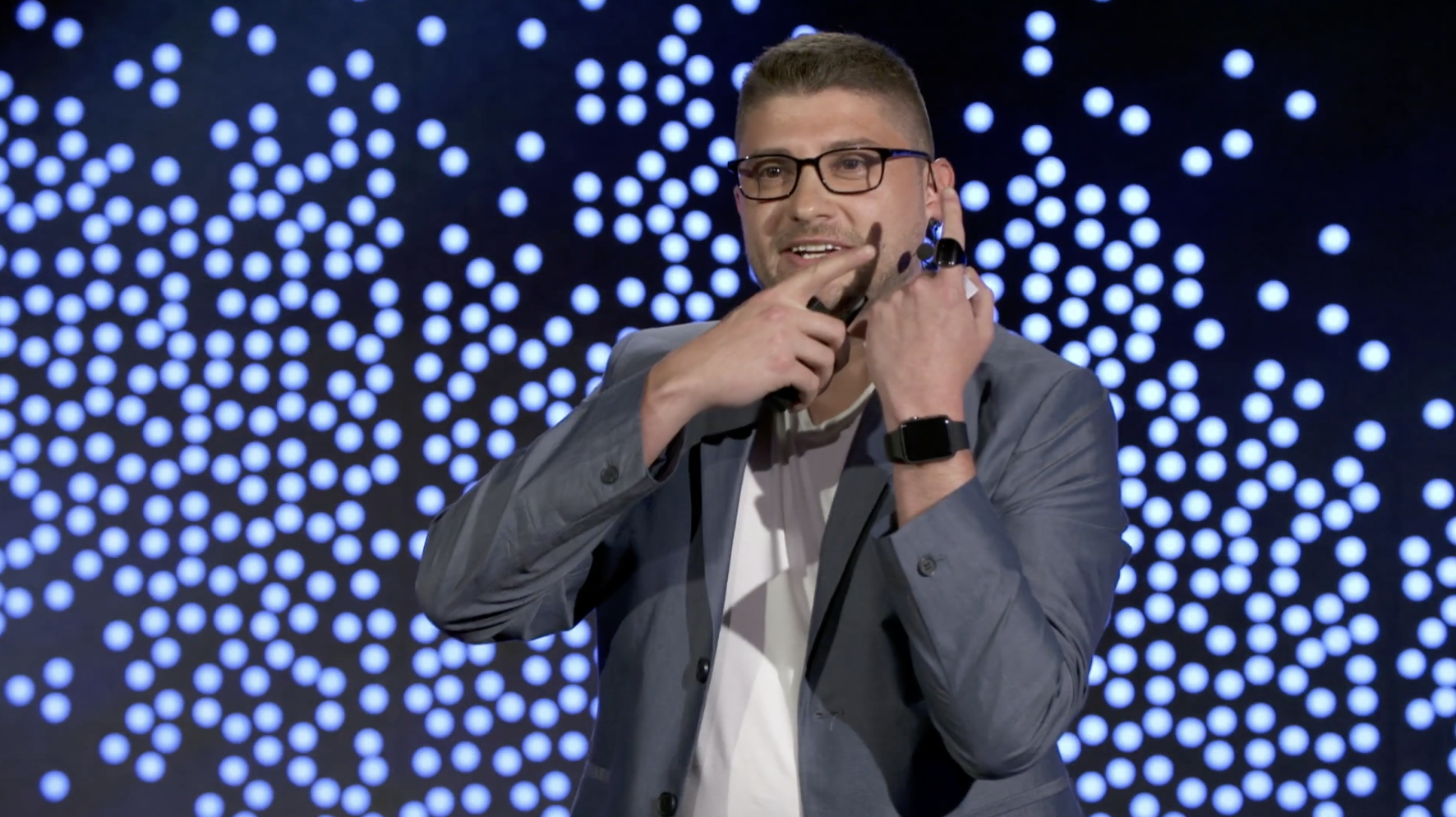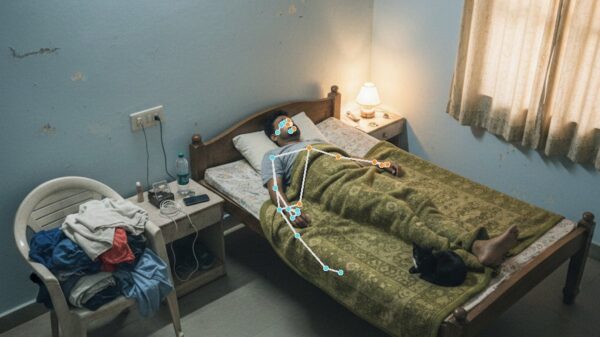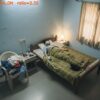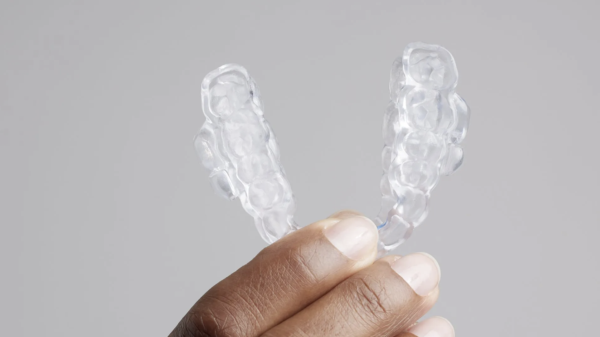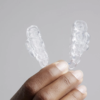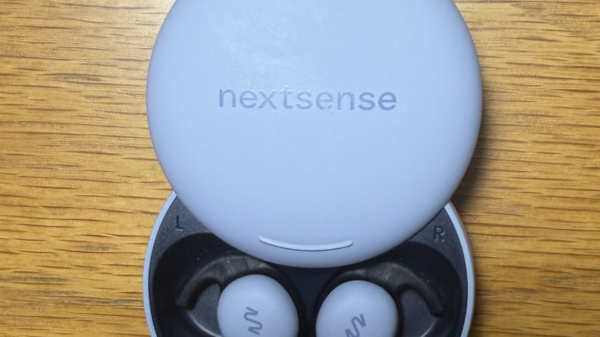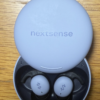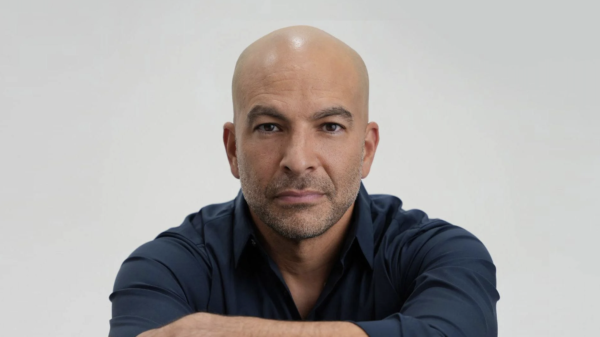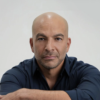The National Institutes of Health has awarded smartphone app creator SleepSpace with almost half a million for a project assessing its insomnia treatment and data collection tech.
The Manhattan-based sleep technology company announced receiving the award on Oct. 1. It is being utilized for a project titled “An Internet of Things Automated Cognitive Behavioral Therapy for Insomnia that Improves Cognition in Older Adults.”
The study will examine the impact of SleepSpace’s mobile application on 180 subjects suffering from insomnia over an 11-week period. It aims to see if they have improved deep sleep and how that rest impacts their cognition and memory. Furthermore, it intends to combat the development of neurodegenerative diseases.
The app works in tandem with popular wearable devices like the Oura Ring and Apple Inc (NASDAQ: AAPL) (FRA: APC) Watch while emitting sleep-promoting noises and lighting with speakers and smart bulbs. It also lets users start their day with an intelligent alarm clock designed to awaken the smartphone holder in a lighter sleep stage.
Participants will be using a patented bedside charging cradle and the accessories mentioned.
“I’m excited to share that SleepSpace has just been awarded an NIH Small Business Innovation Research grant from the National Institute on Aging to transform smartphones into digital therapeutics for insomnia, cognition, and mental health,” said CEO Daniel Gartenberg.
SleepSpace now features an artificial intelligence assistant named Dr. Snooze AI that interacts with the user and provides sleep insights. It’s like having a sleep coach in your pocket, the tech developer says.
The popular reviews publication CNET tested SleepSpace out last month and determined that trying it out was beneficial. The reviewer, Carly Quellman, said it helped her understand things that were detrimental and beneficial to her rest.
It is fairly expensive though, costing US$25 per month or US$99 per year if one is willing to pay more upfront.
“If proven effective in the planned study, this scalable technology can serve as a primary prevention strategy for mild cognitive impairment [MCI] or Alzheimer’s disease and related dementias,” SleepSpace explained, “with the potential to be generalized to an MCI population that may typically struggle with following cumbersome cognitive behavioral therapy for insomnia directives.”
This is not the first time that Gartenberg’s company has received an NIH grant. SleepSpace has obtained over US$4 million from the American agency to date.
Read more: Soundcore’s new sleep buds block out ugly spouse snoring noises
Gartenberg once gave a very popular TED Talk
Like the app’s AI assistant, he has earned the nickname Dr. Snooze.
In 2017, he gave a Technology, Entertainment and Design (TED) Talk titled “The brain benefits of deep sleep — and how to get more of it.” More than five million people viewed it online.
He discussed how specific sounds enable the mind to have more regenerative delta waves that promote deep sleep. Gartenberg has since used knowledge gained through his research to refine the SleepSpace app.
TED is non-profit foundation founded in 1984. Its talks feature leading experts in various fields. The renowned foundation’s YouTube channel has almost 27 million subscribers.
Read more: Dunkin’ launches coffee-themed alarm with sleep tech creator ‘Hatch’
Follow Rowan Dunne on LinkedIn
rowan@mugglehead.com

